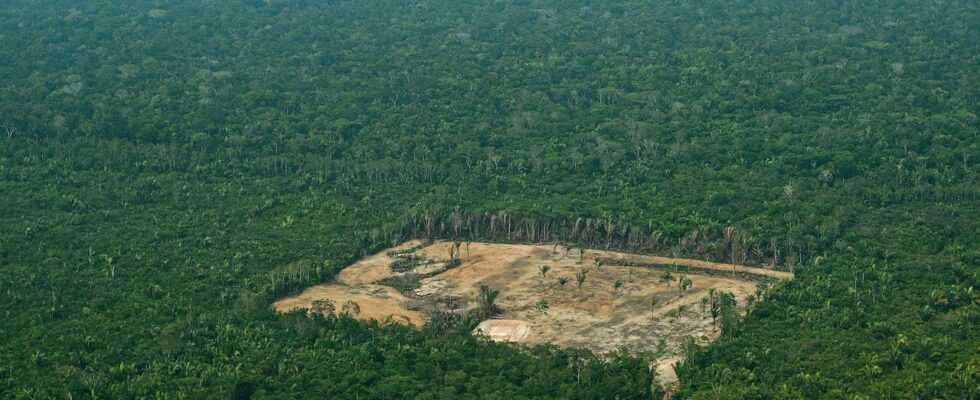Isabelle Ory, edited by Laura Laplaud
After the COP26 flop in Glasgow, Brussels wants to fight against deforestation. The European Commission has taken the leaders of other nations at their word. If they promised to put an end to deforestation by 2030, Brussels wants to go further. It is preparing a bill to ban the import of products from deforested areas.
Is drinking coffee dangerous for the forest? This is one of the few lessons from COP 26 in Glasgow, Scotland: a hundred leaders have promised to put an end to deforestation by 2030. Brussels takes them at their word and wants to ban the import of products whose exploitation contributes to the destruction of forests, such as coffee, chocolate and wood.
Europeans no longer want to contribute to this “imported deforestation”, which is bad for the climate and the environment. However, we know that today, in Brazil, Indonesia and even Côte d’Ivoire, trees are uprooted and forests destroyed to increase agricultural land.
As part of its Green Deal for Europe, the European Commission is therefore going to propose no longer importing coffee, cocoa, palm oil, soya, beef or wood from these areas. According to estimates, European imports of these six emblematic products are responsible for 10% of global deforestation.
Compulsory certificate
In the future, to enter the European market, imports must be accompanied by a certificate which must give the geographical coordinates of their place of production. This will also apply to derivative products such as chocolate or wooden furniture, for example.
Thanks to the Copernicus satellite programme, Europeans have a reliable history of the evolution of agricultural land, which will allow them to check. To enter into force, this proposal will have to be adopted by the European Parliament and by the States.
